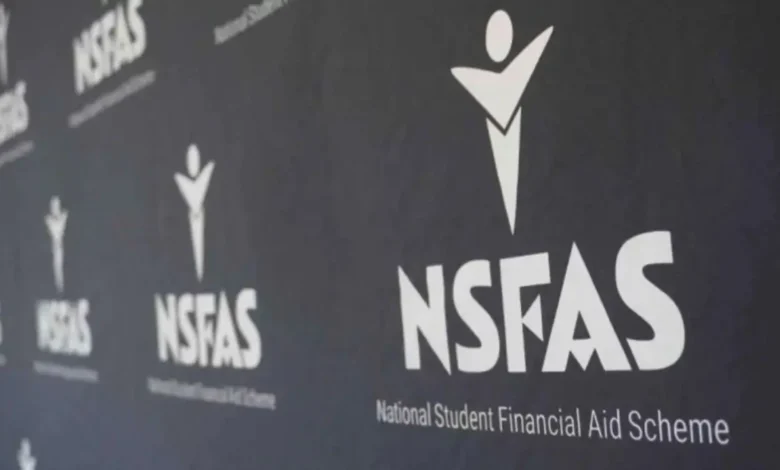NSFAS Slams False Claims About 2025 Registration Portal Closure

The National Student Financial Aid Scheme (NSFAS) has strongly rejected circulating social media claims suggesting that its 2025 registration portal has been shut down due to budgetary issues. In a firm statement, the financial aid body labeled the message as “fake news,” warning that such misinformation is not only misleading but potentially harmful to both students and the higher education sector at large.
ALSO READ: Latest NSFAS Updates: New Changes in Funding for 2025 Students
False NSFAS Message Sparks Concern Among Students
The rumour, which gained traction on various platforms, falsely stated:
“Due to the ongoing NSFAS budget constraints the 2025 registration portal has closed. Therefore, NSFAS has advised that no registration templates will be accepted until further notice.”
This message triggered concern and confusion among prospective and current beneficiaries. NSFAS moved swiftly to address the situation, issuing a statement on Wednesday denouncing the information as a “gross misrepresentation” of the scheme’s operations.
NSFAS Registration Portal Open and Functional
In its official response, NSFAS confirmed that the registration system has been fully operational since early March. According to a circular issued on 3 March 2025, all universities were informed that the NSFAS registration portal was ready to accept valid student data. The organisation encouraged institutions to submit data by an internal deadline of 14 March to facilitate timely processing of tuition and living allowances. The final cut-off date for submissions was 31 March.
Despite this, some universities failed to meet the required submission deadlines. NSFAS highlighted that institutions like Durban University of Technology (DUT) submitted data late, resulting in payment delays for some students.
Delays and Recovery
NSFAS acknowledged the frustrations caused by delayed payments and said it has since made progress in resolving the backlog. On 6 May 2025, NSFAS successfully released student allowances to affected universities, ensuring that disbursements are back on track.
“NSFAS remains committed to ensuring that eligible students receive their funding in a timely and efficient manner,” the scheme stated.
It also reiterated the importance of institutions adhering to set deadlines to prevent unnecessary disruptions that negatively impact students’ academic lives.
Call to Verify Information Through Official Channels
In light of the misinformation, NSFAS urged students and stakeholders to verify any announcements through its official website or authorised communication platforms of their respective institutions. The scheme stressed the importance of factual information, particularly in an era where social media can quickly amplify false claims.
“Such misinformation not only misleads students but also undermines the credibility of higher education institutions and the financial aid system,” the statement warned.
Combating Disinformation in Higher Education
This incident highlights the broader issue of fake news in the digital age. Students, already under pressure from academic and financial responsibilities, are especially vulnerable to misleading messages. NSFAS encouraged the public to be vigilant and to avoid spreading unverified information.
The scheme’s proactive stance serves as a reminder of the vital role that accurate communication plays in the success of government-funded support programmes. Misinformation, if left unchecked, can derail efforts aimed at improving access to higher education for disadvantaged students.
NSFAS continues to play a crucial role in funding higher education for thousands of South African students. While technical issues and institutional delays may occasionally occur, the scheme assures its stakeholders of its commitment to efficient service delivery.
As 2025 unfolds, NSFAS calls on institutions to meet submission deadlines and urges students to stay informed through reliable sources. The fight against fake news starts with responsible sharing and verification—key tools in protecting the integrity of the financial aid system and ensuring that no student is left behind due to misinformation.
